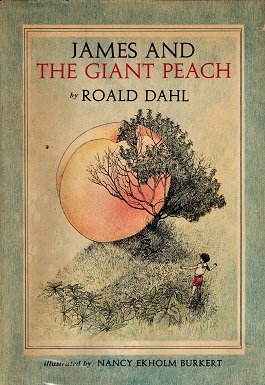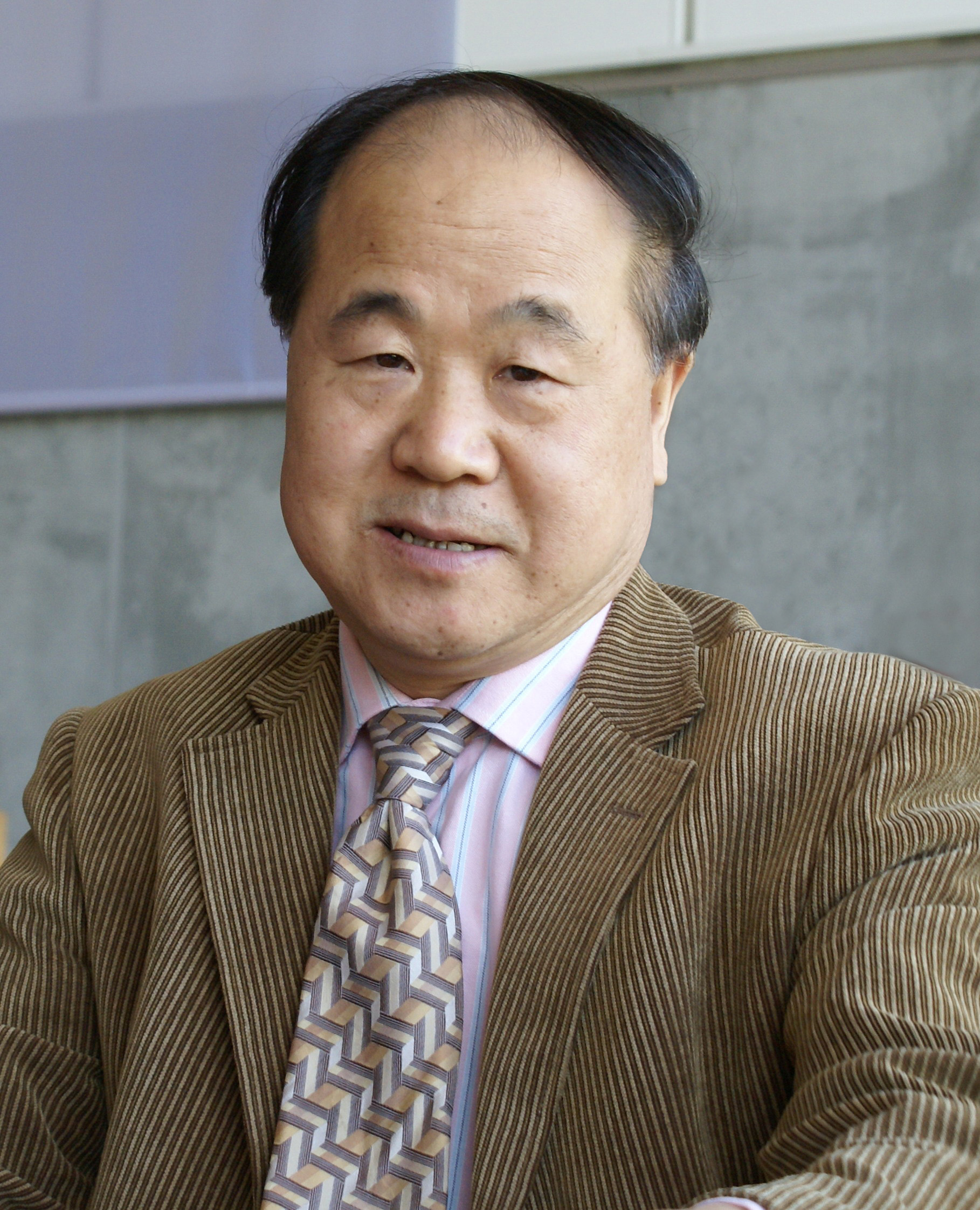Orhan Pamuk
Explore the significant milestones and achievements in the life of Orhan Pamuk, the renowned Turkish novelist, Nobel Prize winner, and author of acclaimed works such as 'My Name is Red' and 'Snow'. This timeline highlights his literary journey, awards, and contributions to literature.
Birth of Orhan Pamuk
Orhan Pamuk was born on June 7, 1952, in Istanbul, Turkey. He grew up in a wealthy yet declining middle-class family. His experience of cultural and economic changes in Turkey greatly influenced his later works. Pamuk studied architecture at Istanbul Technical University but dropped out and graduated from the Institute of Journalism at Istanbul University in 1977.
Publication of 'Snow'
Orhan Pamuk's novel 'Snow' was published in English in 2004, but it originally appeared in Turkey in 2002. The novel explores themes of political Islam, Western influence, and modernity, set in the snow-blanketed city of Kars in northeastern Turkey. 'Snow' plays a crucial role in bringing Pamuk to international fame. It is noted for its in-depth exploration of complex contemporary issues in Turkey.
Publication of 'Istanbul: Memories and the City'
In 2003, Orhan Pamuk published 'Istanbul: Memories and the City,' a memoir intertwining his personal memories with cultural history. The work combines autobiography and a portrait of Istanbul, providing deep insight into the city and its impact on the author. It is celebrated for its rich narrative that paints a picture of Pamuk's youth and transformation amidst Istanbul's vibrant history.
Orhan Pamuk Charged with 'Insulting Turkishness'
Orhan Pamuk faced charges in 2005 of 'insulting Turkishness' under Article 301 of the Turkish Penal Code after speaking to a Swiss publication about the Armenian Genocide and the killings of Kurds. His trial was widely publicized and drew international attention to issues of free speech in Turkey. The charges were later dropped in 2006 due to pressure from the European Union and international human rights organizations.
Orhan Pamuk Wins Nobel Prize in Literature
Orhan Pamuk was awarded the 2006 Nobel Prize in Literature on October 12, becoming the first Turkish citizen to win the prize. The Swedish Academy cited his work to chart 'new symbols for the clash and interlacing of cultures.' Pamuk's winning brought increased attention to Turkish literature and its narratives rooted in the country's diverse cultural heritage.
Hrant Dink Assassination and Its Relation to Pamuk
The assassination of Hrant Dink on January 18, 2007, a prominent Turkish-Armenian journalist, had a significant impact on Orhan Pamuk, who faced similar nationalist backlash due to his comments on historical events. Pamuk, along with other intellectuals, was subjected to threats and intense scrutiny which highlighted the growing tension and debates around freedom of expression in Turkey.
Orhan Pamuk Resigns from His University Post
In 2008, Orhan Pamuk decided to resign from his post at Columbia University where he had served as a Professor in the Humanities, teaching comparative literature and writing, since 2006. He announced his resignation following years where his writing commitments increasingly demanded his full attention, though his brief tenure left a mark with students and faculty impressed by his scholarship and literary expertise.
Publication of 'A Strangeness in My Mind'
Orhan Pamuk's novel 'A Strangeness in My Mind', published in Turkey in 2014 and later globally, is an extensive work capturing the life of a street vendor named Mevlut Karataş over four decades. This book uses a blend of fiction and real historical events, presenting a vivid exploration of Istanbul's socio-economic transformation and the contrasts between rural and urban life in Turkey.
Birth of Pamuk's Museum of Innocence
The Museum of Innocence, which Orhan Pamuk opened in Istanbul in 2012, was inspired by his novel with the same name published in 2008. By 2016, the museum had become a cultural landmark, embodying a narrative about love and longing. It provided tangible counterparts to the objects described in the novel, bridging fiction and reality. The museum's unique format attracted visitors interested in Pamuk's work and creative storytelling.
Orhan Pamuk on Writing During the Pandemic
In March 2020, Orhan Pamuk spoke about writing during the COVID-19 pandemic. Pamuk, known for his keen insights into societal changes, discussed how the pandemic's isolation influenced his creative process. He reflected on historical pandemics' portrayals in literature, expressing intent to explore similar themes in his forthcoming works. His conversations highlighted literature's role in understanding and coping with global crises.
Frequently asked questions about Orhan Pamuk
Discover commonly asked questions regarding Orhan Pamuk. If there are any questions we may have overlooked, please let us know.
Which of Orhan Pamuk's novels won the Nobel Prize in Literature?
What are some significant themes in Orhan Pamuk's works?
When and where was Orhan Pamuk born?
What was Orhan Pamuk's first published novel?
Related timelines
More timelines connected to Orhan Pamuk







